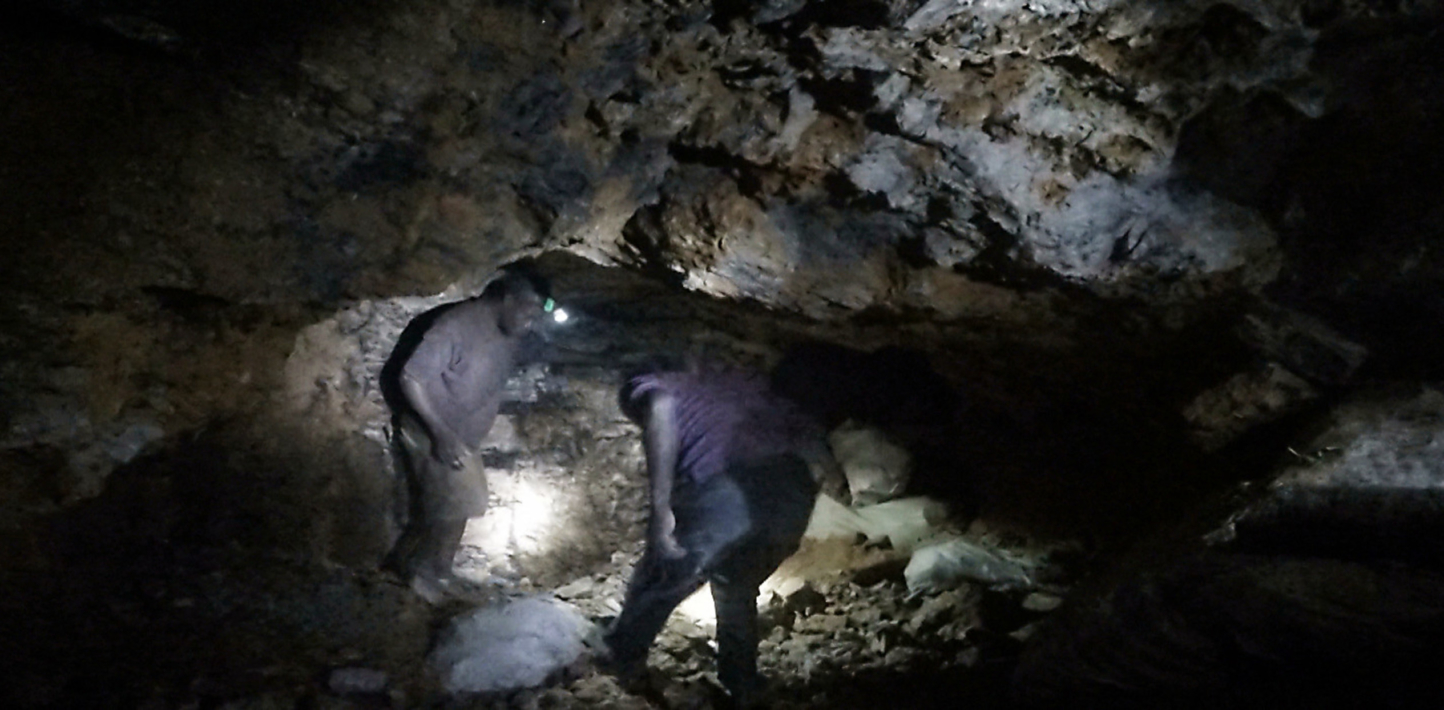Richard Kent, Researcher on Business and Human Rights at Amnesty International
The European Commission is currently wrapping up consultations on a new law that could shape the future of green energy. If adopted, the EU Battery Regulation would require all businesses in the battery industry to report on the social and environmental impact of their operations. It would ensure that batteries entering the EU market – for use in electric cars, smartphones, solar panels, and much more – are responsibly sourced and sustainable. Businesses would have to show, for example, that the minerals in their batteries do not indirectly finance armed groups or child labour, and that their supply chains are free of corruption.
The law would be a pillar of Europe’s Green New Deal, and it is long overdue. The World Bank found that production of some battery metals could increase by up to 500 percent by 2050, to meet the growing demand for electric vehicles – essential for reducing carbon emissions. Never before has mineral extraction sought to mitigate climate change on such a scale. But there are currently no laws in place to ensure green technologies do not themselves cause harm – and cause harm they do.
The real frontier of the battery revolution is not in the corridors of Brussels. It is in the unregulated cobalt mines of the DRC, where children as young as seven work in perilous conditions. It is in the vast frozen expanses of Siberia’s Taimyr Peninsula, where a nickel mining company spilled thousands of tonnes of diesel fuel into the Arctic; and in the salt flats of Latin America, where lithium extraction is threatening livelihoods. Cobalt, nickel and lithium are key components of rechargeable batteries, and we are sliding towards a situation where we have replaced one type of environmental injustice with another.
The grim irony is that these abuses are being perpetrated against the people least responsible for the climate catastrophe. Indigenous fishing communities in Papua New Guinea’s Basamuk Bay aren’t the ones pumping CO2 into the atmosphere. Yet it’s their water that was poisoned when a nickel mine dumped 23 tonnes of toxic waste into the ocean, while sourcing the minerals necessary to get drivers in Paris, Beijing and New York into electric cars. The need for regulation has never been so urgent.
Last month, Amnesty International and 66 other human rights and environmental organizations published a set of principles for businesses and governments to adopt in order to clean up battery supply chains. Many of the organizations who signed up to Powering Change represent the frontline communities most affected by the energy transition.
In Powering Change, we call on manufacturers to work towards maximum recycled content in batteries, minimize the use of hazardous materials, and manage battery waste responsibly. We call on businesses and governments alike to ensure environmental defenders and Indigenous communities are consulted and properly informed about planned operations and potential risks.
The EU Battery Regulation proposal contains several articles to improve transparency in supply chains, which is also one of our coalition’s crucial principles. In 2017, Amnesty researchers found that companies including Microsoft, Renault and Volkswagen were failing to ask basic questions about where the cobalt in their batteries came from. More than half the world’s cobalt comes from the DRC, where Amnesty has documented children and adults mining in perilous conditions, earning a couple of dollars a day to work in narrow tunnels at risk of collapse. In light of this, it’s unacceptable for businesses to shrug their shoulders about their supply chains – consumers deserve to know that their cars are not powered by human rights abuses.
This is why the European Battery Regulation could be one of the most important pieces of industry legislation ever. It would be the first legally binding initiative to clean up battery supply chains, and would force businesses to do more to protect workers, Indigenous communities and the environment.
Europe is the epicentre of the push towards a battery-powered future. Governments including the UK, Poland and Sweden are scrambling to construct multi-billion dollar battery “gigafactories”, and the European Investment Bank pledged €1 billion investment to the battery manufacturing industry in 2020. Many of the corporations that led the Second Industrial Revolution – the invention of the internal combustion engine, the mass growth of the car industry, and concurrent demand for oil – are now taking the reins of what they pledge will be a “Green Industrial Revolution.” It is imperative that this time, corporations recognize their impact on the planet and human rights, and factor this into their business models.
If the Battery Regulation is adopted, Europe would also be the epicentre of an energy transition that is genuinely clean and fair.
This article was originally published in EU Observer


